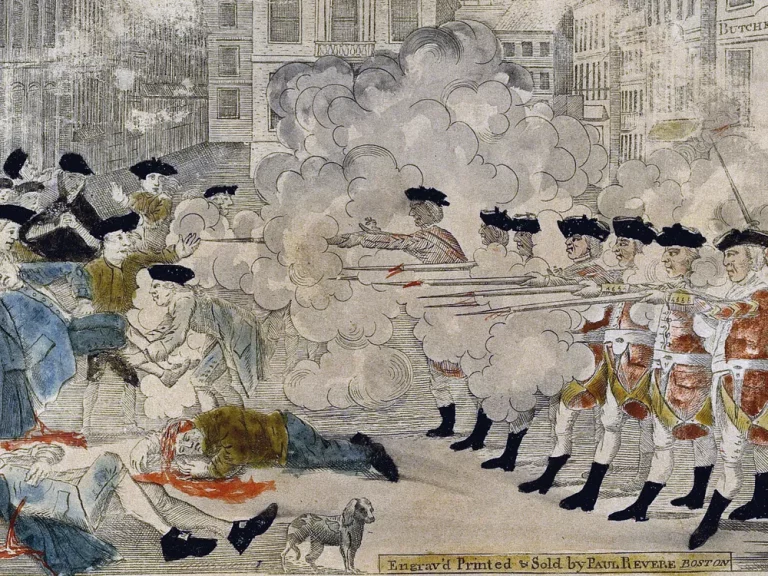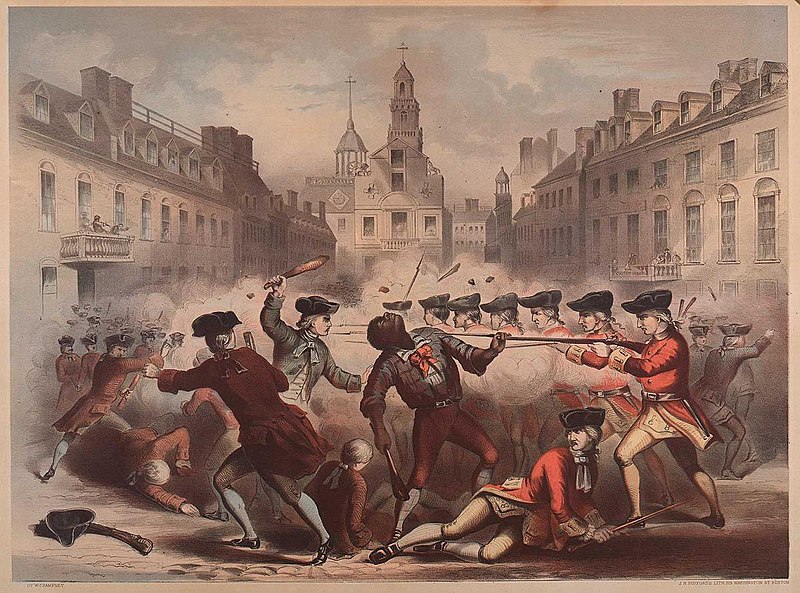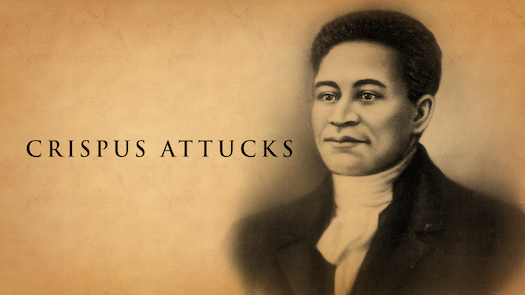
The Boston Massacre serves as a poignant reminder of the fragility of peace and the potential for violence when tensions run high. It underscores the importance of open dialogue, understanding, and diplomacy in resolving conflicts. As global citizens, we see parallels in modern-day protests and confrontations between authorities and civilians worldwide.
Boston, MA. The Boston Massacre of 1770 stands as a pivotal moment in American history, igniting the flames of revolution and shaping the course of a nation yet to be born. As we delve into this significant event, we’re struck by the complexity of emotions and tensions that led to that fateful night on March 5, 1770.
On a cold winter evening in Boston, a confrontation between British soldiers and colonial civilians escalated into a deadly clash that would forever change the relationship between the American colonies and Great Britain. The streets of Boston, already simmering with resentment towards British rule, became the stage for a tragedy that would galvanize the revolutionary spirit.

The incident began innocuously enough, with a group of colonists taunting British soldiers stationed in the city. However, the situation quickly spiraled out of control.
As tensions rose, the crowd grew larger and more hostile. Snowballs and sticks were hurled at the soldiers, who found themselves increasingly cornered and outnumbered.
In the chaos that ensued, shots were fired. When the smoke cleared, five colonists lay dead or mortally wounded: Crispus Attucks, Samuel Gray, James Caldwell, Samuel Maverick, and Patrick Carr.
One of the musket balls that hit Attucks apparently didn’t do too much damage, but the other, which tore an inch-wide hole in his chest, inflicted lethal injuries, according to the transcript of the British soldiers’ trial; the shot “goring the right side of his lungs, and a great part of the liver most horribly.”
Crispus Attucks, a sailor of African and Native American descent, is often remembered as the first casualty of the American Revolution.
The aftermath of the Boston Massacre was as dramatic as the event itself.
The colonial response was swift and passionate. Paul Revere, the famed silversmith and revolutionary, produced an engraving of the event that spread like wildfire throughout the colonies. This powerful piece of propaganda depicted the British soldiers as cold-blooded murderers, firing into a peaceful crowd.
What fascinates us most about this event is the role of John Adams, future president of the United States, who chose to defend the British soldiers in court. Despite the intense public anger, Adams believed in the principle of justice and the right to a fair trial. His defense resulted in the acquittal of six of the eight soldiers, with two found guilty of manslaughter.
The Boston Massacre served as a rallying cry for the revolutionary cause, intensifying colonial resentment towards British rule. It became a symbol of British oppression and tyranny, fueling the growing desire for independence. The event was skillfully used by colonial leaders to stir up anti-British sentiment and unite the colonies in their struggle for freedom.
As we reflect on this watershed moment, we’re struck by how a single incident can have such far-reaching consequences. The Boston Massacre didn’t just change the lives of those directly involved; it altered the course of history. It reminds us of the power of public perception and the role of media in shaping narratives.

The event also highlights the complexities of leadership in times of crisis.
The British soldiers, led by Captain Thomas Preston, found themselves in an impossible situation. Their actions, whether justified or not, had consequences that reverberated far beyond that night in Boston.

The Boston Massacre serves as a poignant reminder of the fragility of peace and the potential for violence when tensions run high. It underscores the importance of open dialogue, understanding, and diplomacy in resolving conflicts. As global citizens, we see parallels in modern-day protests and confrontations between authorities and civilians worldwide.
This historical event also prompts us to reflect on the nature of revolution and the price of freedom. The colonists who lost their lives that night became martyrs for a cause larger than themselves. Their sacrifice, whether intentional or not, became a catalyst for change.
As we continue to grapple with issues of justice, freedom, and governance in our modern world, the lessons of the Boston Massacre remain relevant. It reminds us of the power of public opinion, the importance of fair trials, and the potential for single events to spark monumental change.
The Boston Massacre stands as a testament to the complex tapestry of human emotions, political tensions, and societal changes that shape our history. It serves as a powerful reminder that the path to freedom and justice is often paved with sacrifice and struggle.
#BostonMassacre #AmericanRevolution #HistoryMatters
TAGS: American History, Colonial America, British Empire, Revolution, Justice, Freedom, Paul Revere, John Adams
The Night that Ignited a Revolution: Revisiting the Boston Massacre (July 12, 2012)